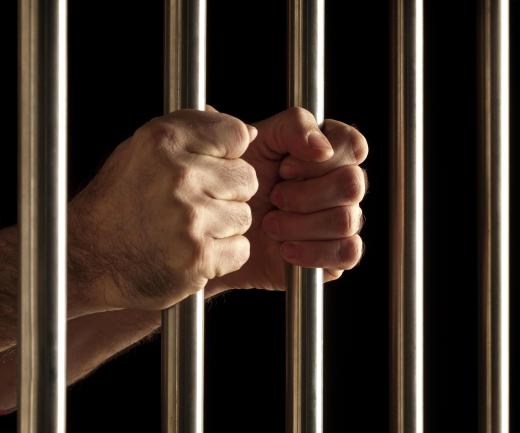A public disturbance is a legal offense that involves a person or people engaging in behavior that causes an unreasonable nuisance to others. Disturbances are typically classified as misdemeanors, and the specific offenses that qualify are usually governed by local laws. Often associated with excessive noise, they can also include some types of inappropriate language, physical behaviors, or the generation of offensive odors.
The most common type is excessive noise, and there are numerous possible sources. Social gatherings that generate overly loud conversation or where music is played at a high volume are one common cause. Vehicles and other machines with extremely loud motors running in highly populated areas may cause a disturbance. Yelling, screaming, and other noisy types of verbal communication can be considered a nuisance. Some other potential sources include car horns, sirens, or loudspeaker systems.

Certain types of inappropriate language may also qualify as a public disturbance. Threatening another person in a manner that he or she may reasonably feel to be in danger may meet the criteria. Public fighting, which may also generate loud noise, can impact other people in the area. Cursing and other offensive language, especially if it may provoke violence in others, can fall under such laws as well.

Not all public disturbances are related to sound; other behaviors that negatively impact people can fall under the umbrella, too. One example is something that creates a widespread foul smell, like an excessive buildup of garbage on a person's property. Physically obstructing other people from going about their business may lead to charges as well.

When a person is charged with and convicted of creating a disturbance, the associated punishment will mainly depend on what class of misdemeanor it is considered in that locale. Certain misdemeanors only require that the person convicted pay a specified fine. In other cases, a certain amount of time in jail may be required, though in most misdemeanor cases it is two years or less. Sometimes, a fine and confinement in jail are both ordered.

Some activities may cause loud noise and other inconveniences to people but are typically exempt from prosecution under public disturbance laws. Public events that are held after receiving the appropriate authorizations are not included. Sirens and other noise from emergency vehicles are another example. The noise of aircraft in the vicinity of an airport, motor vehicles on public highways, or railroads are generally excluded as well.
